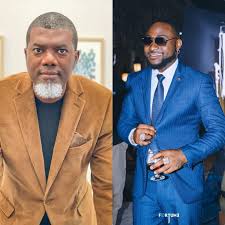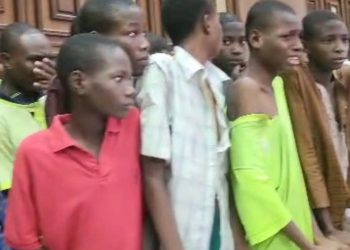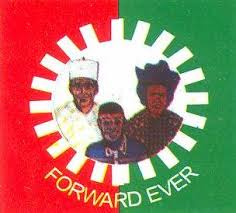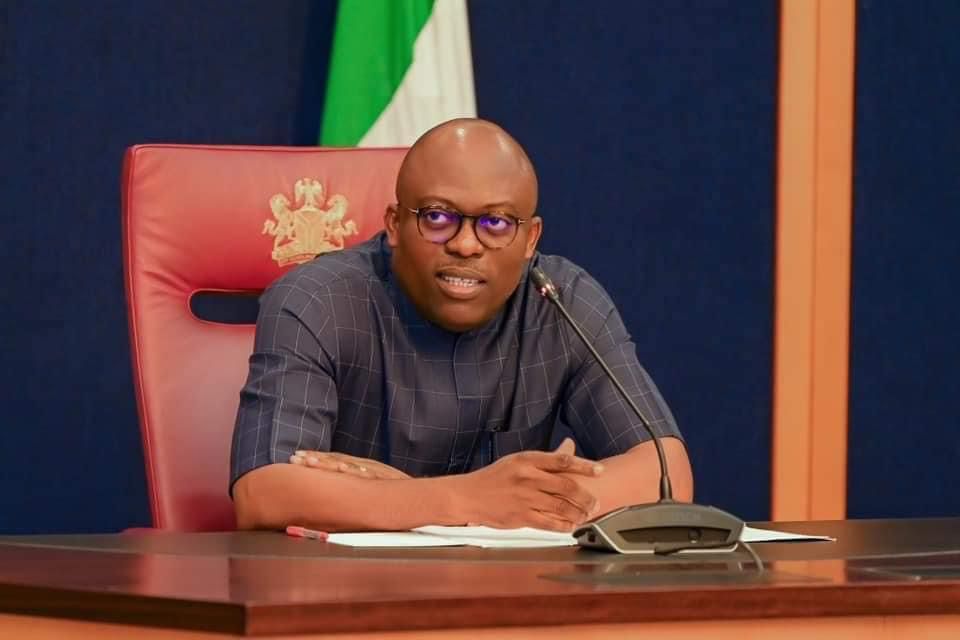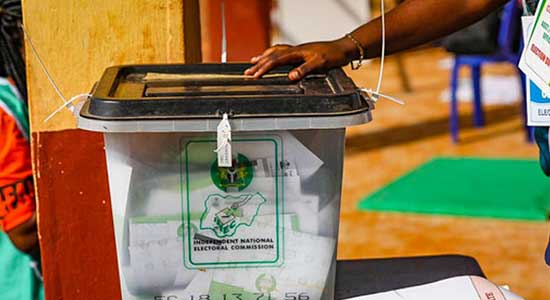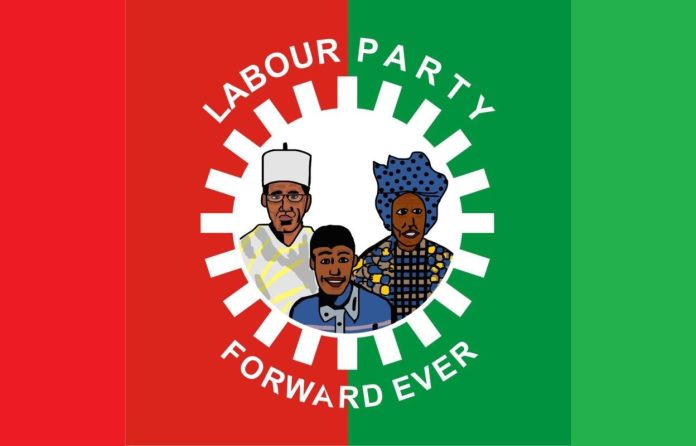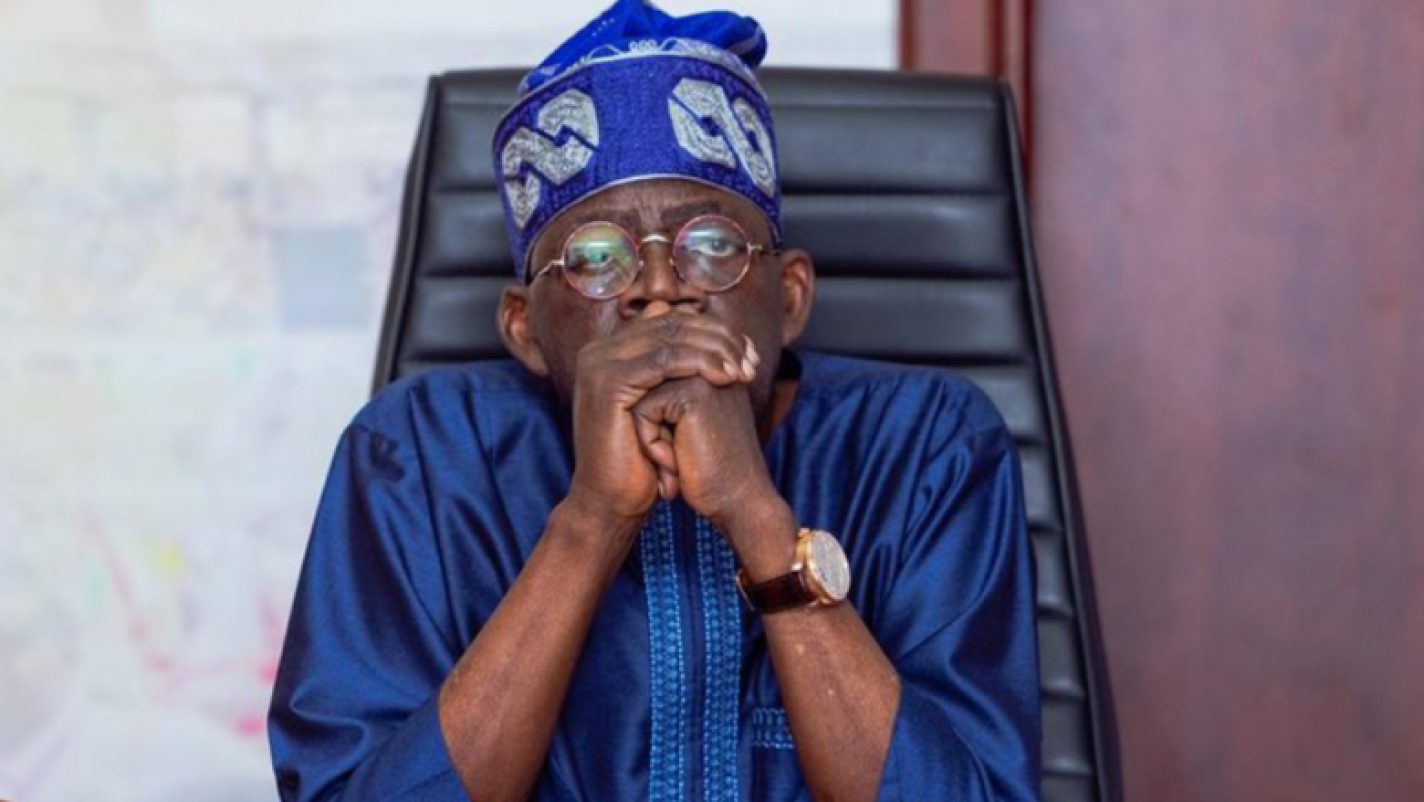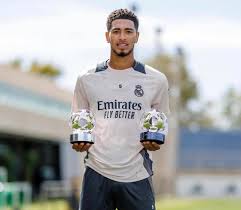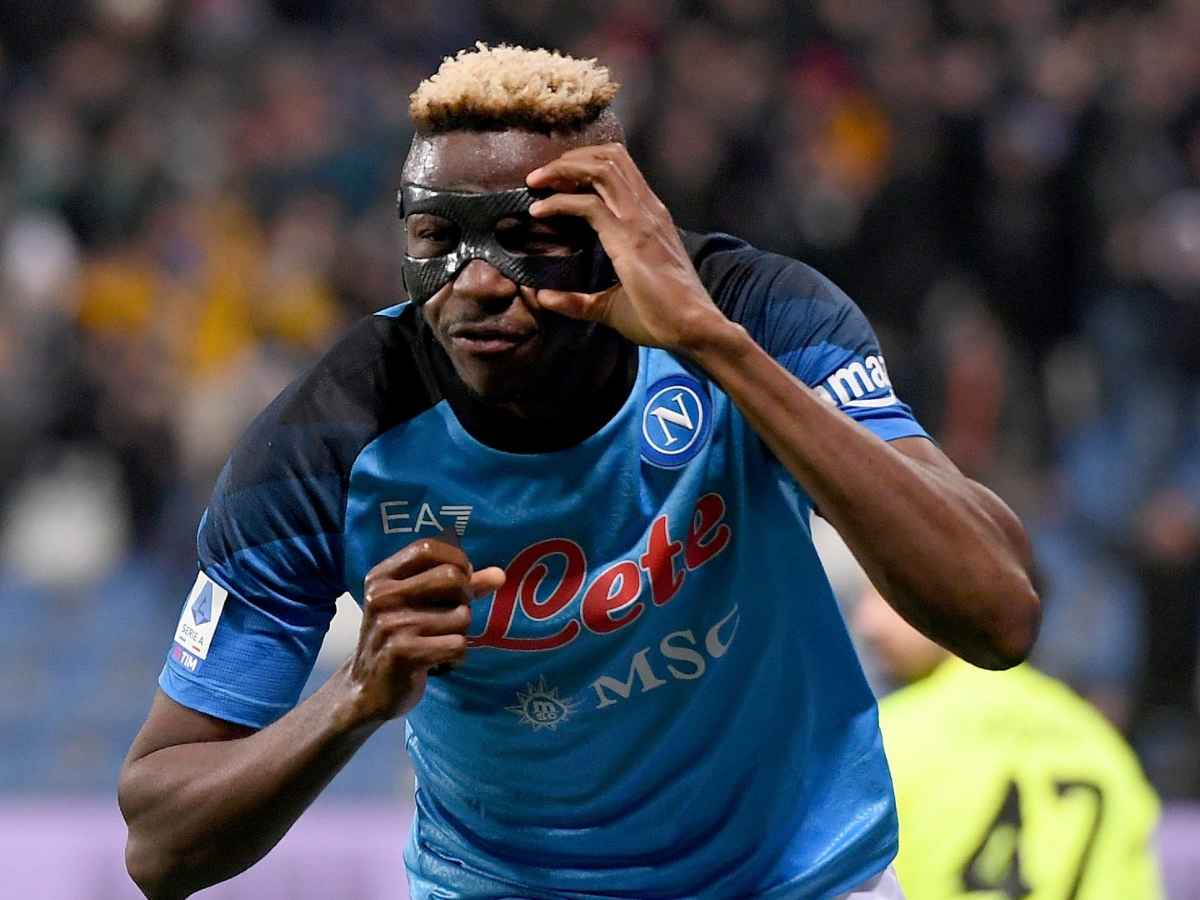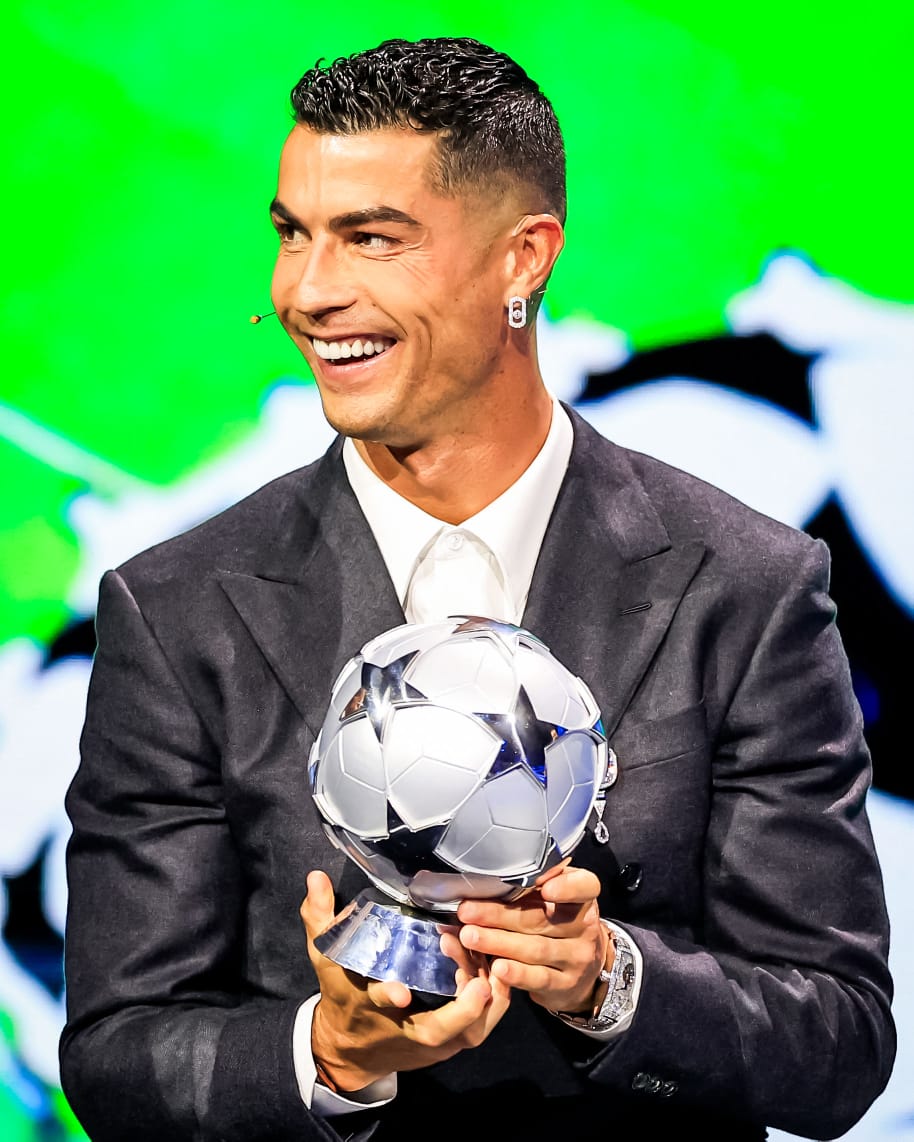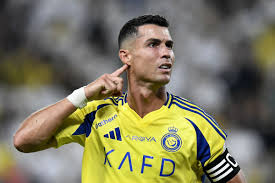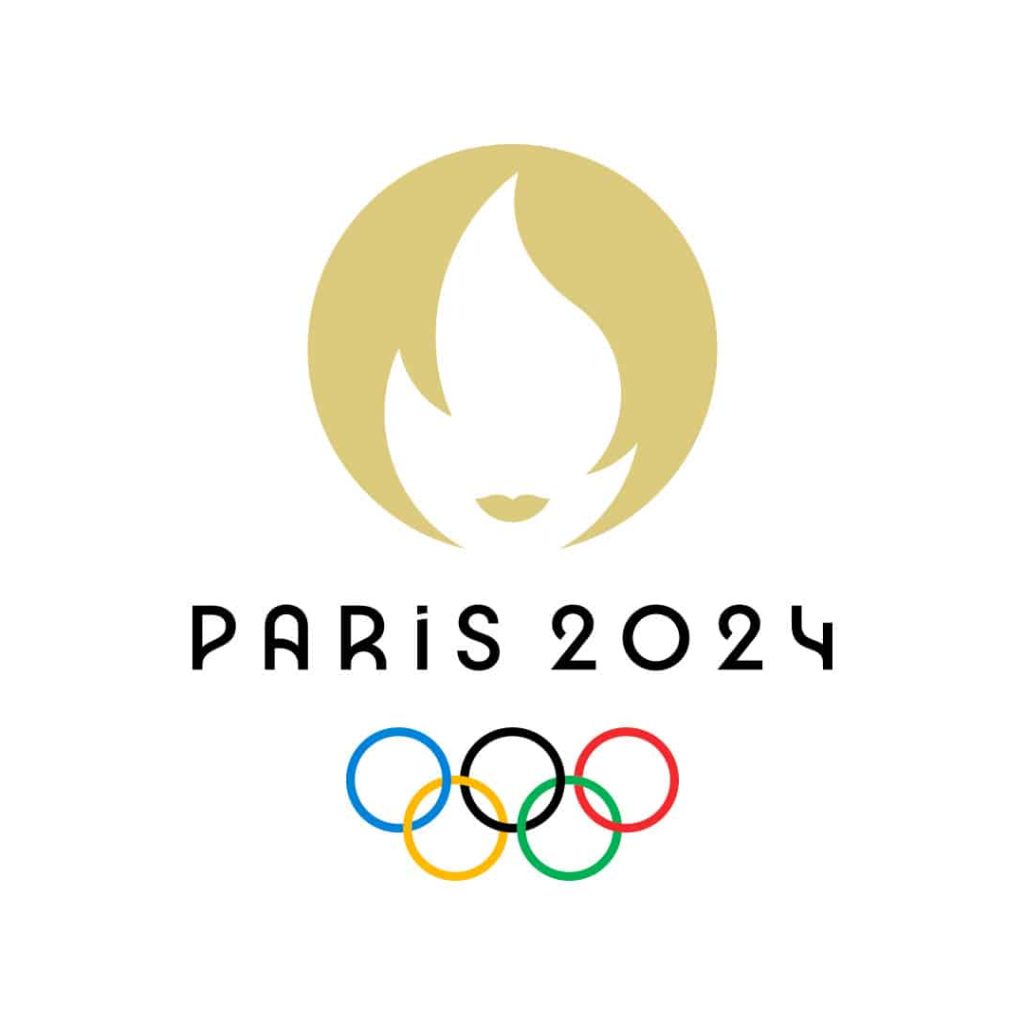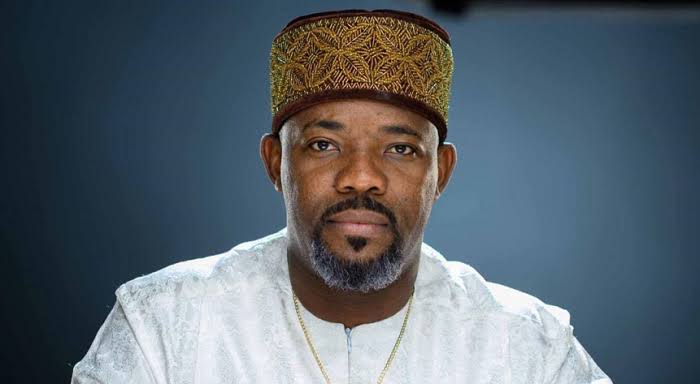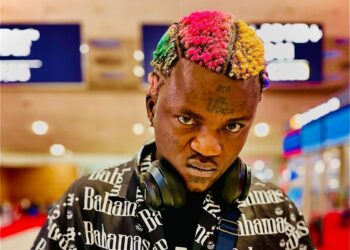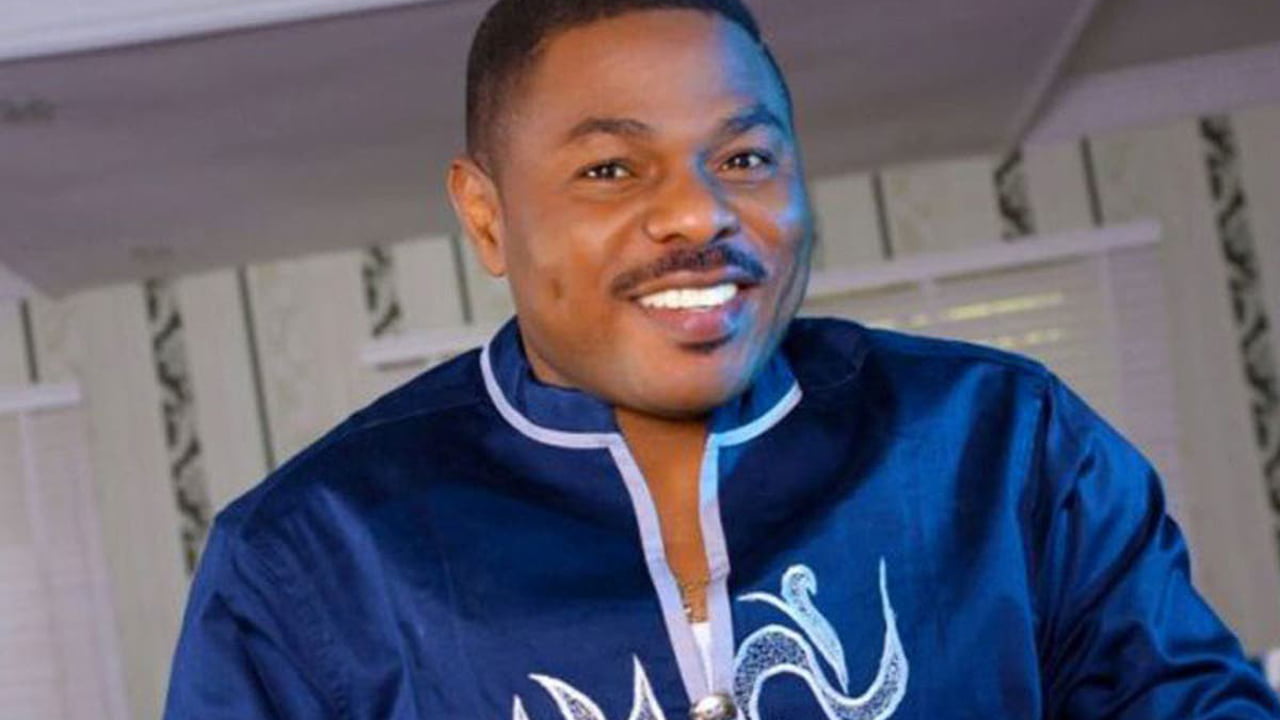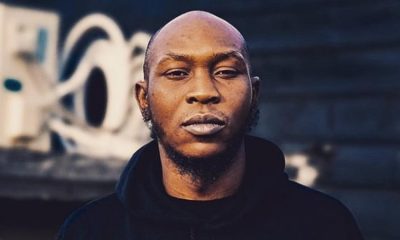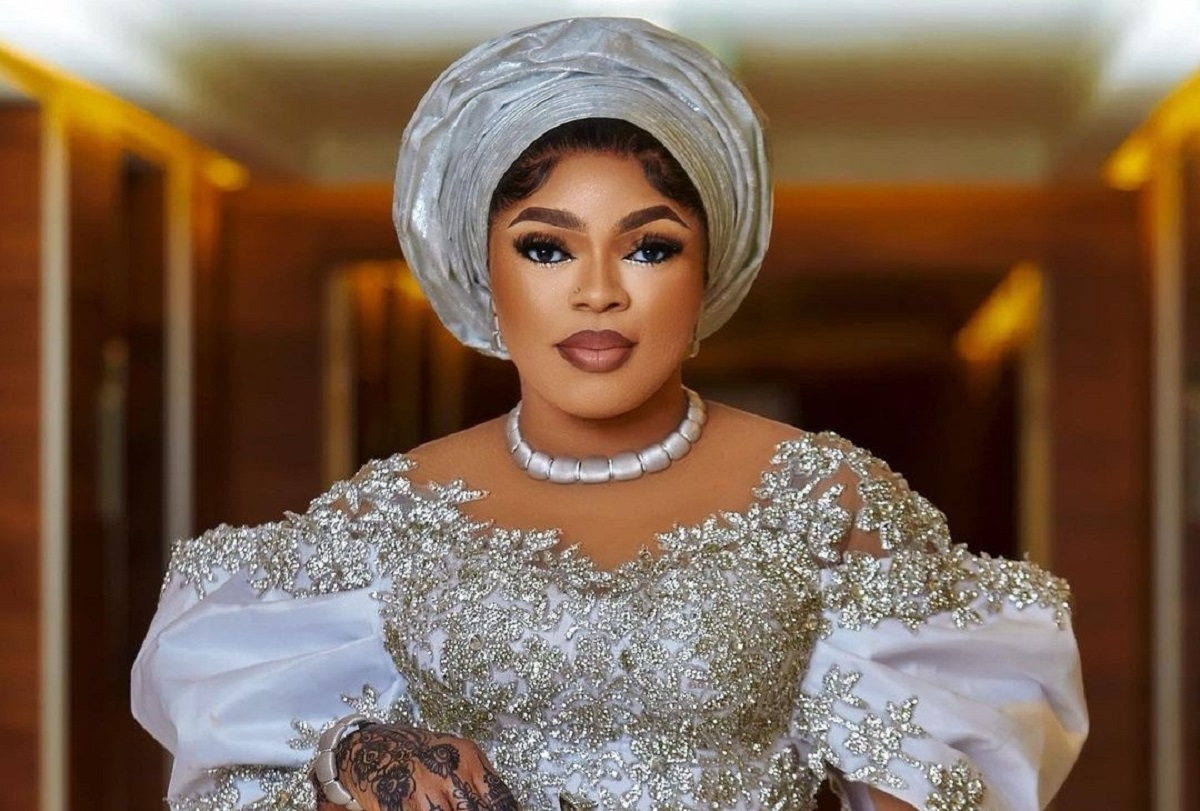Yesterday, Nigeria declared a public holiday, and marked the 29th anniversary of June 12, 1993, the day Nigerians trooped out en masse to elect Bashorun Moshood Kashimawo Abiola, a South Westerner, a Yoruba man, as President of Nigeria. On that day, Nigerians discounted primordial sentiments and ignored the centrifugal forces at the heart of the Nigerian question. For the first time since the first legislative election was held in Nigeria under the Clifford Constitution in 1922, the usual divisive factors of religion, geography and ethnicity, did not matter. Abiola was a Yoruba man. He won convincingly in more than the two-thirds of the states required by the Constitution. He even beat his main opponent, Bashir Tofa, of the then National Republican Convention (NRC) not just in the pre-election debate and campaigns, with his wit, humour, knowledge, stature and charisma, he went ahead to trounce Tofa in his own ward and state in Kano. It is instructive that Bashir Tofa has remained a footnote in Nigerian history since then. He was no match for Abiola and has not even been able to match him in death.
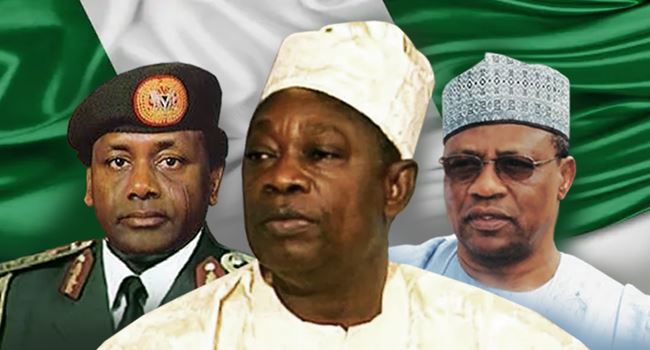
Abiola did something unusual. He presented before Nigerians, a Muslim-Muslim ticket. His running mate was Baba Gana Kingibe, another Muslim, a Northerner. Nigerians didn’t bother about that. They wanted change. They wanted progress. They sought freedom from the shackles of military tyranny. Abiola preached a message of hope. Since the January 1966 coup led by Major Kaduna Nzeogwu, truncating the liberation from colonial rule, Nigeria found itself in the grips of corrosive, corrupt, and obnoxious military rule. There was a brief spell of civilian rule between 1979 and 1983, but the military seized power again, at a time when strong-man, military rulership was the mode in most African countries. In the 1990s, a wave of democratization eventually took hold in the global arena and Nigeria feeding on this, under General Ibrahim Babangida, launched a political transition programme that became an exercise in trickery and deception.

This also was the season of glasnost and perestroika, a big unraveling and the end of the Cold War and the beginning of transformations across the globe. Nigeria got caught in that cauldron of change. MKO Abiola, as events happened, won the election. But he was denied victory on June 24, 1993, with the annulment of the election. General Ibrahim Babangida, IBB as he is also known, was the head of the military junta that committed this perfidy, this subversion of the people’s will, and although he has claimed that he was not alone and that his hands were tied, the event of June 12, 1993, an election won by a man he considered his friend, will remain a day in infamy as a symbol of betrayal, insincerity and political suicide of the first rank. It must be remembered that Abiola’s victory would have marked a second liberation for Nigerians, liberation from the shackles of military tyranny, even if now in retrospect, nobody can say definitively how that denied Presidency would have turned out. It was all a matter of justice, democracy and the people’s sovereignty. It is therefore poetic justice that June 12 has remained a major signpost in Nigerian history. It is also remarkable that President Muhammadu Buhari is the one who decided to move Democracy Day from May 29, the traditional day for handing over of batons in the nation’s calendar, every four years, to June 12, to remind all Nigerians of the significance of that date. This will form a major substance of Buhari’s legacy, at the level of simple commonsense, if not any heavy substance.
What endures is the symbolism and martyrdom of MKO Abiola, and what Buhari has done is to take that phenomenon to an appropriate location in national memory in a country where it is ever so convenient to forget. For the benefit of those who may have forgotten, Nigeria became a pariah nation. The international community turned against Nigeria. Civil society groups rose against the Nigerian government. The green passport became a source of embarrassment in all parts of the world. It was a difficult season to be a Nigerian. The media, the church, and progressives of all hues took to the streets and stood at the barricades to demand an end to military rule and the restoration of Abiola’s mandate. IBB, now known as the Maradona, stepped aside. An interim government led by Chief Ernest Shonekan, better described by the Yoruba phrase “fidihe” government took over, but that government lasted only 83 days. It was eventually booted out by the dark-goggled General Sani Abacha, who imposed a reign of terror on the country. Journalists were murdered. Where the husbands could not be found, their wives and new babies – Dapo Olorunyomi’s new born baby for example, were targeted by “the wereys” that had taken over Nigeria. MKO Abiola stood firm. He had the support of committed democrats and progressives from every part of Nigeria. He led the struggle with courage and resolve at great personal risk. On July 11, 1994, he made the Epetedo Declaration.
It was a statement of defiance, bravery and heroism. He eventually paid for that with his life. What Buhari has done in this part of Nigerian history by declaring June 12 – Democracy Day, is to deal a mortal blow to the revisionist attempt to reduce June 12 to a Yoruba struggle. It was not. It was a pan-Nigerian attempt to save Nigeria. The beneficiaries of the martyrdom and the heroism of others have not necessarily been the right persons. Joe Igbokwe has written an instructive book in this regard titled “Heroes of Democracy.” There is also June 12: The Struggle for Power in Nigeria by Abraham Oshoko. Other books of interest would be those by direct participants in the saga including The Struggle for June 12 by Frank Kokori; The Tale of June 12 by Omo Omoruyi, Clapping with One Hand: June 12 and The Crisis of A Nation by Olawale Oshun; and Humphrey Nwosu’s Laying the Foundation for Nigeria’s Democracy: My Account of June 12, 1993 Presidential Election and its Annulment. Nwosu was the Chairman of the National Electoral Commission (NEC) that conducted the 1993 elections. The June 12 crisis destroyed his career in the public arena.
June 12, 1993, this year is being commemorated at an auspicious moment. The Party primaries have been concluded. Presidential standard bearers have emerged. It is no longer the season of military rule – Nigerians have since said “Never Again” to that but old anxieties have not disappeared. In 2014/2015, Nigerians thought they wanted change. They asked for it. The only change they got was the change of personalities, and the worsening of the Nigerian condition. Eight years later, nobody can boast that the Buhari administration has been able to change anything or inspire hope. Rather, Nigerians are looking back to the past in anger. Many even thought former President Goodluck Jonathan should return to rescue the country that he handed over to the exceptionally clueless gang that took over from him. That has not happened, and I hope all the noisemakers who thought that was even possible in the first place would be humble enough to think twice. Where then, are we, as a country?
We are preparing for the 2023 general elections. We have 17 or 18 Presidential candidates. INEC, the electoral umpire has set a deadline of June 17 for the uploading of names and affidavits on the INEC Nomination Portal. The INEC Chairman, Yakubu Mahmood has announced the relevant conditions and guidelines. As of the time of this writing, only the All Progressives Grand Alliance (APGA) has announced its Presidential running mate; by this time next week, all running mates at the Presidential level would have been announced. Given the nature, structure and circumstances of Nigerian politics, the 2023 process has already been reduced to a two-horse race, between the PDP and the APC. Some commentators argue that attention should be paid to the Peter Obi phenomenon. Quite rightly so. He was a two-time Governor in Anambra State under the platform of APGA. He later switched to the Peoples Democratic Party (PDP). In 2019, he was chosen as running mate to Atiku Abubakar of the PDP. In 2023, he declared interest to run on his own on the platform of the PDP. He has since gone to the Labour Party (LP) where his major challengers have turned out to be his own Igbo kinsmen, Callistus Okafor and co, at a time when Ndigbo, having been denied a top spot placement in the PDP and APC needed a platform of their own to project the idea of an Igbo Presidency.
There are about five Igbos as standard bearers in the 2023 process: Dumebi Kachikwu (Delta Igbo- ADC)..Peter Umeadi (APGA), Peter Obi (Labour Party), Okwudili Nwa-Anyadike (NRM) and Dan Iwuanyanwu (ZLP) but Ndigbo is not talking about their own. They are talking about a meeting to decide who to choose between Atiku (PDP) and Bola Tinubu (APC). Peter Obi is clearly the frontrunner among the Igbos on the list. He enjoys massive support among young people of Nigeria, particularly from the South. They call him Obi-Bangladesh, Obi-China because of the transformative ideas that he espouses. But he is at best, probably a man ahead of his time. Social media does not win elections. On the practical field of play, Peter Obi does not have Atiku’s or Tinubu’s kind of money in an election that is already a cash and carry affair. On that list of standard bearers, there is also Senator Rabiu Kwankwaso of the New Nigeria People’s Party (NNPP), a man who is defined by Kano politics and his own politics of personality. Kwankwaso’s best bet is Kano, not Nigeria.
There is also Lateef Kola Abiola, the first son of Bashorun MKO Abiola, as flagbearer of the Peoples Redemption Party (PRP). My suspicion is that LKA is just showing face, but his effort is noteworthy: The son who wants to redeem his father’s legacy! Omoyele Sowore (AAC) wants to take Nigeria back to the people who truly own it, but the established rent-collectors, “the political profiteers, the swindlers, the men in high and low places that seek bribes and demand 10 percent, those that seek to keep the country divided permanently…, the tribalists, the nepotists, those that make the country look big for nothing before international circles, those that have corrupted our society and put the Nigerian calendar back by their words and deeds” will not allow him. They did not allow Awolowo. They did not allow Abiola. They will certainly not allow Obi, Sowore or anyone who sounds like they want change.
This is why the two prominent figures we are left with are Atiku and Tinubu. The duo offers us, same of the same. They have both been promising change, progress and development. They are both not in a position to change anything. They won’t. Nigeria is in a difficult place, confronted with the equivalent of a Hobson’s choice. It is also perhaps why the major argument today is the choice of a running mate for Atiku and Tinubu. Ordinarily, a Vice President occupies “an awkward office” as US Vice President Walter Mondale once argued. Thomas Marshall, Woodrow Wilson’s Vice President for eight years said “The only business of the Vice President is to ring the White House every morning and ask – what is the state of the health of the President?” The Vice President of Nigeria does not even have as much power as the VP in the United States who has a voting slot in the event of a tie in Congress. Nigeria’s VP is a creation of Section 141 of the 1999 Constitution. He is a member of the Executive Council of the Federation, also, the National Security Council, Chairman of the National Economic Council, and a number of parastatals including the National Boundary Commission. His real and relative power however depends upon the duties delegated to him by the President who within the purview of Section 5 of the 1999 Constitution is a monarch, regardless of Section 141 of the Constitution. The value of the Vice President is provided for strictly with regard to the obvious purposes of ethnic and geographical balance, federal character, inclusion and willy-nilly, as a spare tyre in the event of the President’s travel on holiday, death, permanent incapacity, removal from office, or resignation as defined in Sections 143 – 146 of the Constitution.
This matter is so important that after the conclusion of the party primaries on Thursday, June 9, 2022, the main task is now the announcement of running mates by the Presidential candidates. Everything is tied to this ahead of the June 17 deadline that has been announced by INEC. The focus is on the two main candidates: Atiku and Tinubu. For Atiku, the task is probably easier. His choice is limited to a Southern running mate of Christian extraction. He cannot choose a Muslim. He cannot choose a Northerner. To do so would be suicidal. In the last week, his choice has also been narrowed down to two names: Nyesom Wike, Governor of Rivers State and runner-up to Atiku in the PDP presidential primary, and Ifeanyi Okowa, former Senator and Governor of Delta State. Both are Christians. Of the two, Wike is Atiku’s best bet. He may come across as brash and intemperate, unlike the more urbane Okowa, but Atiku does not need an “ice cream seller” or “a tomato seller” who cannot win massive votes. Wike has built for himself a broad network of influence across Nigeria that can help the PDP. He has strong administrative experience: Chief of Staff, Minister of State and two-term Governor, and enough financial war-chest that can shock even Elon Musk. Okowa has issues even in his own home state. He has very little name recognition. Atiku can choose Wike and tame him to learn how to be sober.
Tinubu has a bigger challenge. He wants to win. He and Atiku are on the last mile with their ambitions. It is now or never for them. Whereas it would be easy for Atiku to narrow down his choice for a VP, for Tinubu, it is a different ball game. We understand he is better off with a Muslim from the North, preferably from the North East. There are good and bad Muslims. If Tinubu must pick a Muslim running mate, as has been argued, his best choice is Kashim Shettima, former Governor of Borno State.
Reuben Abati
Yesterday, Nigeria declared a public holiday, and marked the 29th anniversary of June 12, 1993, the day Nigerians trooped out en masse to elect Bashorun Moshood Kashimawo Abiola, a South Westerner, a Yoruba man, as President of Nigeria. On that day, Nigerians discounted primordial sentiments and ignored the centrifugal forces at the heart of the Nigerian question. For the first time since the first legislative election was held in Nigeria under the Clifford Constitution in 1922, the usual divisive factors of religion, geography and ethnicity, did not matter. Abiola was a Yoruba man. He won convincingly in more than the two-thirds of the states required by the Constitution. He even beat his main opponent, Bashir Tofa, of the then National Republican Convention (NRC) not just in the pre-election debate and campaigns, with his wit, humour, knowledge, stature and charisma, he went ahead to trounce Tofa in his own ward and state in Kano. It is instructive that Bashir Tofa has remained a footnote in Nigerian history since then. He was no match for Abiola and has not even been able to match him in death.

Abiola did something unusual. He presented before Nigerians, a Muslim-Muslim ticket. His running mate was Baba Gana Kingibe, another Muslim, a Northerner. Nigerians didn’t bother about that. They wanted change. They wanted progress. They sought freedom from the shackles of military tyranny. Abiola preached a message of hope. Since the January 1966 coup led by Major Kaduna Nzeogwu, truncating the liberation from colonial rule, Nigeria found itself in the grips of corrosive, corrupt, and obnoxious military rule. There was a brief spell of civilian rule between 1979 and 1983, but the military seized power again, at a time when strong-man, military rulership was the mode in most African countries. In the 1990s, a wave of democratization eventually took hold in the global arena and Nigeria feeding on this, under General Ibrahim Babangida, launched a political transition programme that became an exercise in trickery and deception.

This also was the season of glasnost and perestroika, a big unraveling and the end of the Cold War and the beginning of transformations across the globe. Nigeria got caught in that cauldron of change. MKO Abiola, as events happened, won the election. But he was denied victory on June 24, 1993, with the annulment of the election. General Ibrahim Babangida, IBB as he is also known, was the head of the military junta that committed this perfidy, this subversion of the people’s will, and although he has claimed that he was not alone and that his hands were tied, the event of June 12, 1993, an election won by a man he considered his friend, will remain a day in infamy as a symbol of betrayal, insincerity and political suicide of the first rank. It must be remembered that Abiola’s victory would have marked a second liberation for Nigerians, liberation from the shackles of military tyranny, even if now in retrospect, nobody can say definitively how that denied Presidency would have turned out. It was all a matter of justice, democracy and the people’s sovereignty. It is therefore poetic justice that June 12 has remained a major signpost in Nigerian history. It is also remarkable that President Muhammadu Buhari is the one who decided to move Democracy Day from May 29, the traditional day for handing over of batons in the nation’s calendar, every four years, to June 12, to remind all Nigerians of the significance of that date. This will form a major substance of Buhari’s legacy, at the level of simple commonsense, if not any heavy substance.
What endures is the symbolism and martyrdom of MKO Abiola, and what Buhari has done is to take that phenomenon to an appropriate location in national memory in a country where it is ever so convenient to forget. For the benefit of those who may have forgotten, Nigeria became a pariah nation. The international community turned against Nigeria. Civil society groups rose against the Nigerian government. The green passport became a source of embarrassment in all parts of the world. It was a difficult season to be a Nigerian. The media, the church, and progressives of all hues took to the streets and stood at the barricades to demand an end to military rule and the restoration of Abiola’s mandate. IBB, now known as the Maradona, stepped aside. An interim government led by Chief Ernest Shonekan, better described by the Yoruba phrase “fidihe” government took over, but that government lasted only 83 days. It was eventually booted out by the dark-goggled General Sani Abacha, who imposed a reign of terror on the country. Journalists were murdered. Where the husbands could not be found, their wives and new babies – Dapo Olorunyomi’s new born baby for example, were targeted by “the wereys” that had taken over Nigeria. MKO Abiola stood firm. He had the support of committed democrats and progressives from every part of Nigeria. He led the struggle with courage and resolve at great personal risk. On July 11, 1994, he made the Epetedo Declaration.
It was a statement of defiance, bravery and heroism. He eventually paid for that with his life. What Buhari has done in this part of Nigerian history by declaring June 12 – Democracy Day, is to deal a mortal blow to the revisionist attempt to reduce June 12 to a Yoruba struggle. It was not. It was a pan-Nigerian attempt to save Nigeria. The beneficiaries of the martyrdom and the heroism of others have not necessarily been the right persons. Joe Igbokwe has written an instructive book in this regard titled “Heroes of Democracy.” There is also June 12: The Struggle for Power in Nigeria by Abraham Oshoko. Other books of interest would be those by direct participants in the saga including The Struggle for June 12 by Frank Kokori; The Tale of June 12 by Omo Omoruyi, Clapping with One Hand: June 12 and The Crisis of A Nation by Olawale Oshun; and Humphrey Nwosu’s Laying the Foundation for Nigeria’s Democracy: My Account of June 12, 1993 Presidential Election and its Annulment. Nwosu was the Chairman of the National Electoral Commission (NEC) that conducted the 1993 elections. The June 12 crisis destroyed his career in the public arena.
June 12, 1993, this year is being commemorated at an auspicious moment. The Party primaries have been concluded. Presidential standard bearers have emerged. It is no longer the season of military rule – Nigerians have since said “Never Again” to that but old anxieties have not disappeared. In 2014/2015, Nigerians thought they wanted change. They asked for it. The only change they got was the change of personalities, and the worsening of the Nigerian condition. Eight years later, nobody can boast that the Buhari administration has been able to change anything or inspire hope. Rather, Nigerians are looking back to the past in anger. Many even thought former President Goodluck Jonathan should return to rescue the country that he handed over to the exceptionally clueless gang that took over from him. That has not happened, and I hope all the noisemakers who thought that was even possible in the first place would be humble enough to think twice. Where then, are we, as a country?
We are preparing for the 2023 general elections. We have 17 or 18 Presidential candidates. INEC, the electoral umpire has set a deadline of June 17 for the uploading of names and affidavits on the INEC Nomination Portal. The INEC Chairman, Yakubu Mahmood has announced the relevant conditions and guidelines. As of the time of this writing, only the All Progressives Grand Alliance (APGA) has announced its Presidential running mate; by this time next week, all running mates at the Presidential level would have been announced. Given the nature, structure and circumstances of Nigerian politics, the 2023 process has already been reduced to a two-horse race, between the PDP and the APC. Some commentators argue that attention should be paid to the Peter Obi phenomenon. Quite rightly so. He was a two-time Governor in Anambra State under the platform of APGA. He later switched to the Peoples Democratic Party (PDP). In 2019, he was chosen as running mate to Atiku Abubakar of the PDP. In 2023, he declared interest to run on his own on the platform of the PDP. He has since gone to the Labour Party (LP) where his major challengers have turned out to be his own Igbo kinsmen, Callistus Okafor and co, at a time when Ndigbo, having been denied a top spot placement in the PDP and APC needed a platform of their own to project the idea of an Igbo Presidency.
There are about five Igbos as standard bearers in the 2023 process: Dumebi Kachikwu (Delta Igbo- ADC)..Peter Umeadi (APGA), Peter Obi (Labour Party), Okwudili Nwa-Anyadike (NRM) and Dan Iwuanyanwu (ZLP) but Ndigbo is not talking about their own. They are talking about a meeting to decide who to choose between Atiku (PDP) and Bola Tinubu (APC). Peter Obi is clearly the frontrunner among the Igbos on the list. He enjoys massive support among young people of Nigeria, particularly from the South. They call him Obi-Bangladesh, Obi-China because of the transformative ideas that he espouses. But he is at best, probably a man ahead of his time. Social media does not win elections. On the practical field of play, Peter Obi does not have Atiku’s or Tinubu’s kind of money in an election that is already a cash and carry affair. On that list of standard bearers, there is also Senator Rabiu Kwankwaso of the New Nigeria People’s Party (NNPP), a man who is defined by Kano politics and his own politics of personality. Kwankwaso’s best bet is Kano, not Nigeria.
There is also Lateef Kola Abiola, the first son of Bashorun MKO Abiola, as flagbearer of the Peoples Redemption Party (PRP). My suspicion is that LKA is just showing face, but his effort is noteworthy: The son who wants to redeem his father’s legacy! Omoyele Sowore (AAC) wants to take Nigeria back to the people who truly own it, but the established rent-collectors, “the political profiteers, the swindlers, the men in high and low places that seek bribes and demand 10 percent, those that seek to keep the country divided permanently…, the tribalists, the nepotists, those that make the country look big for nothing before international circles, those that have corrupted our society and put the Nigerian calendar back by their words and deeds” will not allow him. They did not allow Awolowo. They did not allow Abiola. They will certainly not allow Obi, Sowore or anyone who sounds like they want change.
This is why the two prominent figures we are left with are Atiku and Tinubu. The duo offers us, same of the same. They have both been promising change, progress and development. They are both not in a position to change anything. They won’t. Nigeria is in a difficult place, confronted with the equivalent of a Hobson’s choice. It is also perhaps why the major argument today is the choice of a running mate for Atiku and Tinubu. Ordinarily, a Vice President occupies “an awkward office” as US Vice President Walter Mondale once argued. Thomas Marshall, Woodrow Wilson’s Vice President for eight years said “The only business of the Vice President is to ring the White House every morning and ask – what is the state of the health of the President?” The Vice President of Nigeria does not even have as much power as the VP in the United States who has a voting slot in the event of a tie in Congress. Nigeria’s VP is a creation of Section 141 of the 1999 Constitution. He is a member of the Executive Council of the Federation, also, the National Security Council, Chairman of the National Economic Council, and a number of parastatals including the National Boundary Commission. His real and relative power however depends upon the duties delegated to him by the President who within the purview of Section 5 of the 1999 Constitution is a monarch, regardless of Section 141 of the Constitution. The value of the Vice President is provided for strictly with regard to the obvious purposes of ethnic and geographical balance, federal character, inclusion and willy-nilly, as a spare tyre in the event of the President’s travel on holiday, death, permanent incapacity, removal from office, or resignation as defined in Sections 143 – 146 of the Constitution.
This matter is so important that after the conclusion of the party primaries on Thursday, June 9, 2022, the main task is now the announcement of running mates by the Presidential candidates. Everything is tied to this ahead of the June 17 deadline that has been announced by INEC. The focus is on the two main candidates: Atiku and Tinubu. For Atiku, the task is probably easier. His choice is limited to a Southern running mate of Christian extraction. He cannot choose a Muslim. He cannot choose a Northerner. To do so would be suicidal. In the last week, his choice has also been narrowed down to two names: Nyesom Wike, Governor of Rivers State and runner-up to Atiku in the PDP presidential primary, and Ifeanyi Okowa, former Senator and Governor of Delta State. Both are Christians. Of the two, Wike is Atiku’s best bet. He may come across as brash and intemperate, unlike the more urbane Okowa, but Atiku does not need an “ice cream seller” or “a tomato seller” who cannot win massive votes. Wike has built for himself a broad network of influence across Nigeria that can help the PDP. He has strong administrative experience: Chief of Staff, Minister of State and two-term Governor, and enough financial war-chest that can shock even Elon Musk. Okowa has issues even in his own home state. He has very little name recognition. Atiku can choose Wike and tame him to learn how to be sober.
Tinubu has a bigger challenge. He wants to win. He and Atiku are on the last mile with their ambitions. It is now or never for them. Whereas it would be easy for Atiku to narrow down his choice for a VP, for Tinubu, it is a different ball game. We understand he is better off with a Muslim from the North, preferably from the North East. There are good and bad Muslims. If Tinubu must pick a Muslim running mate, as has been argued, his best choice is Kashim Shettima, former Governor of Borno State.
Reuben Abati



